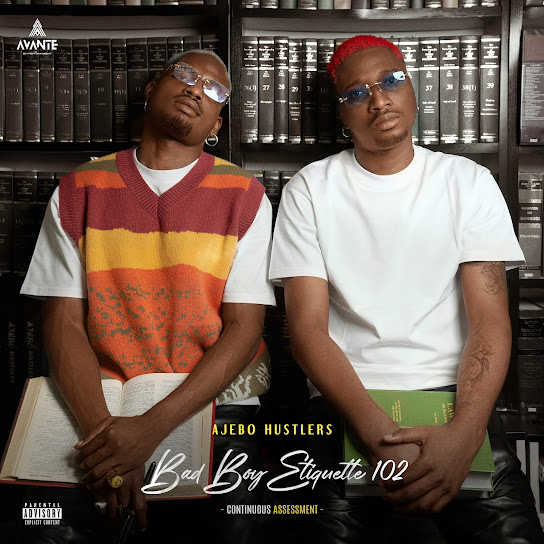Here is the answer and explanation to the question How Othello is different from Shakespeare’s other great tragedies?
How Othello is different from Shakespeare’s other great tragedies?
Shakespeare’s great tragedies are often characterised by a strong hero and villain, with the tragic flaw of the hero being what drives the story, while in Othello, it is Iago who drives the story, manipulating Othello through his jealousy.
Bạn đang xem: How Othello is different from Shakespeare’s other great tragedies?
| Certified Educator
The existing educator responses give some great answers to this question. Another element I would add which, for me, makes this tragedy different to Shakespeare’s others is the element of Iago, who drives the plot and who is largely responsible for causing the tragedy. While Othello does have a fatal flaw—his jealousy—without which Iago would not have been able to work his machinations so easily, it is not as straightforward to point, in this play, to the hero’s tragic flaw as the cause of all his troubles. Because without Iago we cannot say whether Othello’s flaw would have been severe enough to have orchestrated his downfall. In King Lear, for example, we can clearly see that Lear’s flaw, his arrogance and lack of perceptiveness, drives him to his own downfall. Likewise, in Macbeth, the tragedy is driven by Macbeth’s ambition, albeit encouraged by that of his wife. In Hamlet, his indecisiveness is what causes the play’s tragedies to go on and on. Othello’s tragic flaw does not have the same effect as in these Shakespearean tragedies. Where, often, Shakespeare encapsulates hero and villain within the same personage, the flaw turning the hero into the villain of his own story, he does not do that with Othello. Othello’s tragic flaw is one we, as the audience, can relate to, and it is Iago, a force external to the hero, who manipulates it into something tragic.
Othello is interesting, too, in that the relationship it cultivates between Iago and the audience is unique in Shakespearean tragedy. The audience become Iago’s coconspirator; arguably, Iago, who has more lines with Othello and who shares all with nobody but us, the viewers, can be seen as the play’s protagonist. The closest comparison in Shakespeare to our relationship with Iago is that cultivated between the audience and Richard III, but Richard III is a history, not a tragedy, and Richard is, while not a hero, the play’s outright protagonist. In Othello, we are party to Iago’s orchestration of the tragedy of Othello, rather than privy to Hamlet’s prevarications as he increases his own difficulties or Macbeth’s growing madness as he drives himself onward to downfall. As such, the audience has a very different relationship to Othello, whom we often see through Iago’s eyes, than we have with many of Shakespeare’s other tragic heroes.
| Certified Educator
Great question. Othello is my favorite Shakespeare play for the following reasons:
- It has a clear tragic hero and villain. Whereas Macbeth has a hero turned villain (Macbeth), Othello pits Othello (hero) against Iago (villain) with Desdemona caught in the middle. The play is focused entirely on these three: there’s no extraneous scenes, characters, or dialogue to interrupt Othello’s tragic fall.
- It most closely resembles Greek tragedy. It most closely achieves Aristotle’s three unities: of time, of place, and of action. The play has no subplot, and it has the smallest cast (13, I think) of all Shakespearean tragedies. After the shift from Venice to Cyprus–the action, place, and time are focused on tragedy. Hamlet and King Lear involve subplots, but Othello remains focused on our big three only (Othello, Iago, and Desdemona).
- Othello is realistic. It is a domestic tragedy. As such, it doesn’t need the supernatural (Macbeth) or madness (King Lear and Hamlet) to hook its audience. Rather, it simply involves a husband, wife, and villain–just like the classic stories of Garden of Eden (Adam, Eve, serpent) and Beauty and the Beast (Beauty, Beast, Gaston).
- Othello’s language is beautiful, natural, and subtle. Hamlet’s language is a bit overdone (too many words, monologues, and soliloquies); King Lear’s dialogue is a bit too sophisticated (focuses on politics and philosophy); Macbeth’s language is a bit too nihilistic (focused on meaninglessness). But Othello’s language is realistic and powerful without calling attention to itself.
- Most of all, Othello was ahead of its time. It features a black tragic hero. It features a bi-racial marriage. It features a bed on stage. It features a murder on stage in that bed. It features a villain who has more lines than the tragic hero. All of these conventions were daring, controversial, and very modern. It’s a wonder the play ever saw the light of the stage.
| Certified Educator
Othello is Shakespeare’s only domestic tragedy. It is a tragedy between a husband and a wife, neither of whom are kings and queens or nobility of any kind. Desdemona is a senator’s daughter; Othello is a general in the Venetian military. Other plays that involve domestic scenes, such as Hamlet, Macbeth, King Lear, for instance, are complicated by the politics of the area. The power of royalty comes into play, and the actions of the characters affect the welfare of the country. This is not so with Othello.
Further, Othello is a play that involves a marriage between two people of different races. Desdemona is a true Venetian while Othello is a Moor. In this play, these differences are paramount as Othello’s downfall lies partly in the fact that he feels as if Desdemona would naturally be attracted to someone of her own race, a man such as Cassio. Othello’s racial difference causes him to doubt himself as a good husband for Desdemona, and it is this doubt that Iago exploits.
See eNotes Ad-Free
Start your subscription to get access to more than 30,000 additional guides and more than 350,000 Homework Help questions answered by our experts.
Start your Subscription
Do you find that the article How Othello is different from Shakespeare’s other great tragedies?
If not, please leave a comment below the article so that our editorial team can improve the content better
Post by: THCS LeQuyDon
Category: question
#Othellois #Shakespeares #great #tragedies #eNotescom



